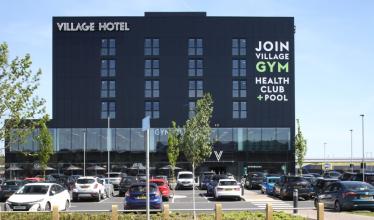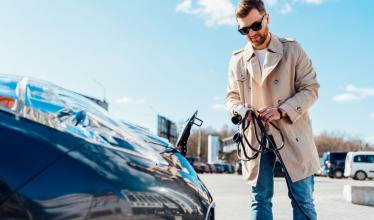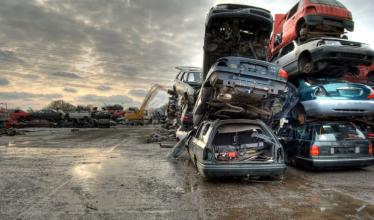Tesla has announced that following testing, the Model S has received a maximum-possible 5-star safety rating from the European New Car Assessment Program (Euro NCAP).
According to Tesla, the Model S is one of just a few cars to have ever achieved a 5-star safety rating from both Euro NCAP and the U.S. National Highway Traffic Safety Administration (NHTSA). Additionally, Model S is the only car this year to have achieved both a 5-star Euro NCAP rating and 5 stars in every NHTSA subcategory, including frontal impact, side impact, and rollover. Only two other cars have earned the same recognition since 2011 (when NHTSA introduced its latest rating scheme).
The reason so few models achieve 5-star ratings in both Europe and the U.S. is that each program places emphasis on different safety aspects in the assessment process. NHTSA emphasises structural and restraint safety, with a deep focus on how well the vehicle can withstand and absorb the energy of an impact while protecting its occupants. It is also primarily concerned with adult occupants. On the other hand, Euro NCAP assesses a wider range of scenarios, including tests for child and pedestrian safety. Unlike for NHTSA, active safety is also an important part of Euro NCAP’s 5-star requirement. Every year, the European organisation raises the standard for a 5-star rating to account for technological advances in the industry.
Tesla said: The dual 5-star ratings for Model S validates our holistic approach to safety. We have been engineering passive and active safety systems in parallel, so the car is structurally sound and is also designed to intelligently anticipate and react to potentially dangerous situations.
Structurally, Model S has advantages not seen in conventional cars. It has a low centre of gravity because its battery pack, the largest mass in the car, is positioned underneath the passenger compartment, making rollover extremely unlikely. It also has a large front crumple zone because of the lack of an engine, meaning it can absorb more energy from a frontal impact, the most common type of crash resulting in fatalities. Its body is reinforced with aluminium extrusions at strategic locations around the car, and the roof can withstand at least 4 g’s. It was for these reasons that Model S achieved 5 stars in every subcategory when tested by NHTSA in 2013.
This quarter, Tesla started implementing the Model S active safety system in conjunction with the introduction of new Autopilot hardware, consisting of 12 ultrasonic sensors that sense up to 16 feet around the car, a forward-looking camera, a forward radar, and a digitally controlled, high-precision electric brake boost. They specifically selected this hardware to accommodate the progressive introduction of new safety features via software updates over the course of the next several months.
While the features already pushed to the Model S fleet – Lane Departure Warning and Speed Limit Warning – have proven sufficient to merit a 5-star NCAP rating, Tesla say they will go much further with active safety systems. Features coming soon include Forward and Side Collision Warning and Avoidance, Blind Spot Warning, and Automatic Emergency Braking.
According to Tesla, safety has always been top priority, and they remain committed to continuously improving Model S to ensure that adults, children, and pedestrians alike receive the best possible protection from the car and its technology. In the meantime, Model S owners can be secure in the knowledge that the recognition from Euro NCAP reaffirms their car’s outstanding safety qualities.
Newspress



